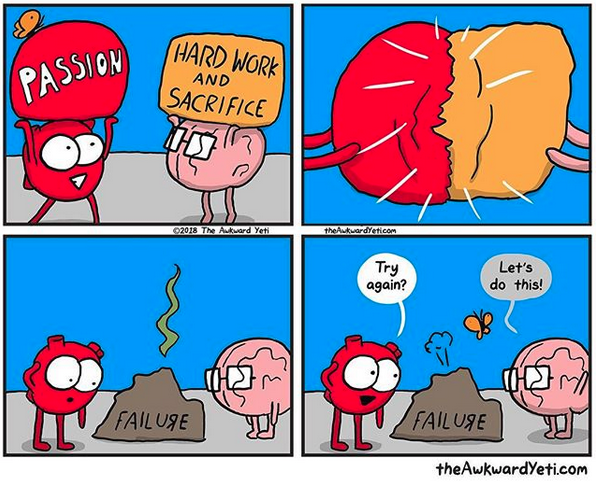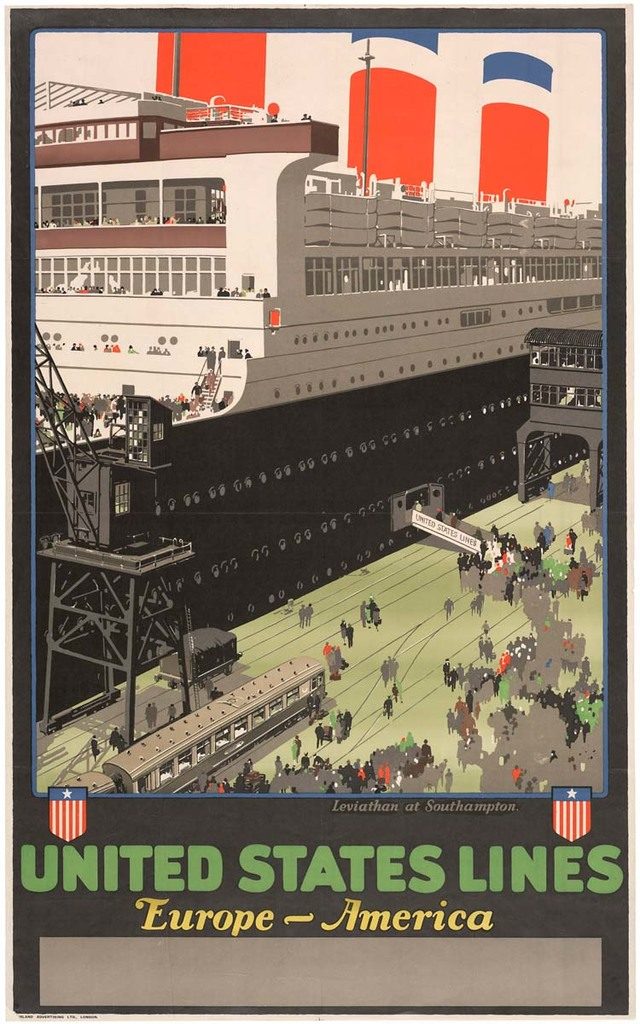
“So that experiment didn’t go as planned? Congratulations, you are now officially a scientist”
This tweet (which I can’t find again to attribute), as well as many other things, claims that the secret to most scientific work is not genius, but persistence. “Scientists are people who keep going when most of us have given up”. There’s a lot of truth to that. But I can’t help feeling that it’s sabotaged by the way that science is funded these days.
If you get a surprising result, that’s great for science! Well, sometimes. Usually it means you made a mistake. If it’s real, it’s great for science… but it’s awkward if you have to get the work finished and the publication out for a deadline, and you have more things lined up to do after that.
When an experiment or a simulation doesn’t work first time… well, that’s normal, but a huge proportion of the research workforce is on short fixed-term contracts, and when you’re only in the job for a year, you can’t afford to explore too many dead ends. You can’t afford to take the failure and persistence approach that is idolised above.
I’ve just finished a one-year postdoc, and this has made me very anxious from time to time[1]. I’ve started to wonder how much of a correlation there is between people with successful academic careers (at least in STEM), and people whose experiments / models / observations / whatever happened to go right first time during their first postdoc. Obviously there is a strong element of researcher merit involved in whether things work, but there’s also a hell of a lot of luck. And if you need it to work first time in order to have the time to get everything finished and written up[2] before you’re in the next job and busy on something else…
[1] Along with all the other sources of anxiety that result from 1-year postdocs. That’s a much broader topic, but this is just one of the reasons that I’m really looking forward to my next job being a little longer!
[2] Or, just “in a sufficiently complete state that you can write it up in evenings and weekends while working on a different day job”, if you’re privileged enough to be able to do that.


 This term, in addition to my modelling work at Marine Scotland, I’m the instructor for two masters modules at ICIT (Heriot-Watt’s Orkney campus). This is my first experience of teaching, beyond the occasional seminar here and there, and I’m really enjoying it. I have a small group of interested students, who want to be there (I realise that this is a privilege of teaching postgrad), who ask intelligent questions… and that makes it really rewarding.
This term, in addition to my modelling work at Marine Scotland, I’m the instructor for two masters modules at ICIT (Heriot-Watt’s Orkney campus). This is my first experience of teaching, beyond the occasional seminar here and there, and I’m really enjoying it. I have a small group of interested students, who want to be there (I realise that this is a privilege of teaching postgrad), who ask intelligent questions… and that makes it really rewarding.